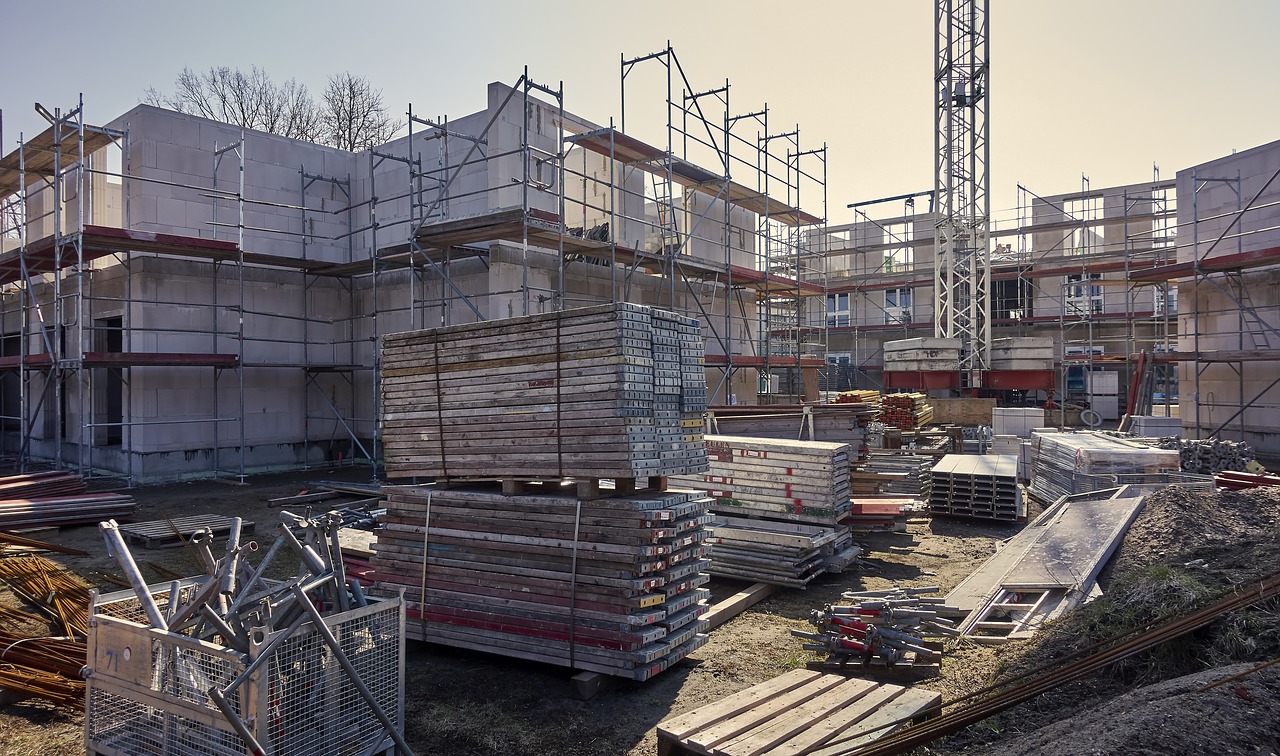Housing is a basic need of man, which is why you see houses being constructed daily. The more houses erected, the greater the need for building materials like cement, sand, granite, iron, etc.
The building material business is one large business that can offer you massive profits if well established. So how do you establish a successful building material business? We have highlighted some tips below.
Building Material Business—Rundown
As the name implies, the building material business involves trading materials used to construct a building. Of course, the building material business isn’t a new business idea; regardless, it can offer you substantial profits if well established and managed.
Individuals involved in the building material supplier business can make good money provided they have the right network, skill, and capacity to carry out the business. Common materials building materials business owners deal in are:
- Sand
- Iron
- Bricks
- Cement
- Ladder
- Bamboo round poles
Building material suppliers may also supply construction equipment to sites. This equipment includes:
- Excavators
- Loaders
- Graders
- Bulldozers
- Backhoe
Starting a Building Material Business
These tips are designed to help you establish a successful building material business.
1. Get a supplier
If you plan on delving into the building material business, you’ll need to have a source. All construction materials are usually sourced from manufacturing companies. And as a potential or novice supplier, we recommend that you sit down and make a good list of companies that manufacture materials you wish to supply.
For instance, if you want to supply bricks, cement, sand, etc., consider shortlisting companies that produce these materials. As a rule of thumb, ensure you make a list of all the materials you’ll need, including their proportion. Afterwards, contact the suppliers and manufacturers to place your order. If you aren’t sure of the quality of material you need or where to get them from, you can contact your competitors for insights.
2. Choose the right location for your business.
Location is an essential factor to consider when starting a building material supplier business. Since you’ll be supplying bulk materials to construction sites, it makes sense to choose an area big enough to accommodate the materials. Also, consider selecting a location accessible by large trucks. If you have a big yard or land, you can decide to start your business there then scale when you have made enough money.
Some options that you could consider would be renting a large space in an industrial area or even converting a warehouse into your business. You could also consider getting a piece of land and erecting a few steel buildings to operate out of. If you have the land, this could be the most cost-effective option in the long run. Your location is a make-or-break factor for your business, so choose wisely.
3. Prioritize marketing
If you fail to prioritize marketing, your business will stay hidden—like a diamond under a rock. Marketing will help promote your business. It doesn’t matter if you sell the best materials at a low price, if you sleep on marketing, no one will know that your business exists.
Ensure you highlight the benefits of your building materials and delivery services while marketing your product. For instance, if you deal majorly in the supply of calcium carbonate, you can state the numerous calcium carbonate uses to enlighten your target audience. You can also go ahead and highlight why yours is the best. If you aren’t good at marketing, consider outsourcing the task to a marketing firm that suits your budget.
4. Organize transport for your business
A building material supplier business will fail without a suitable transport mechanism in place. Remember, you aren’t supplying materials that can easily fit in the boot of your car should issues come up with transportation. So, before you start a building material business, you should sort out transportation.
Buying dump trucks may not be a good idea since you are just starting out. Instead, you can consider making arrangements for a rental vehicle or contact a trusted transport business company.
Whether you are a novice in the business or a professional, ensure you know the ins and outs of the trade. Afterwards, you can easily create a good building material business plan with the right type of information. You can also adopt unique business ideas to stand out from the competition.
5. Get a license before carrying out your building material business plan.
A business license makes your business legal. Without one, you’ll run into lots of trouble with the authorities. Imagine a business license as a pass; you’ll need one to conduct your business undisturbed in a certain state.
A license can also be seen as a form of identity for your business and can be helpful when applying for a business loan. Each state has different methods of applying for a business license, including the requirements, so ensure you do some digging to understand the process and what you’ll need.
6. Prepare your budget
How much will it cost to establish a building material business? What business materials do you intend to supply, and how much will they cost? Do you want to start big or small?
Before establishing your building material supply business, ensure you prepare your budget. Your budget will be instrumental in your plans, as it’ll give you a clear picture of how much you need to start your business.
Conclusion
On paper, establishing a building material business may seem easy. However, in reality, it isn’t. Starting a building material business involves adequate planning, budgeting, and patience. Of course, you don’t have to start big. You can start with the little you have, then scale up as you make more profits.

